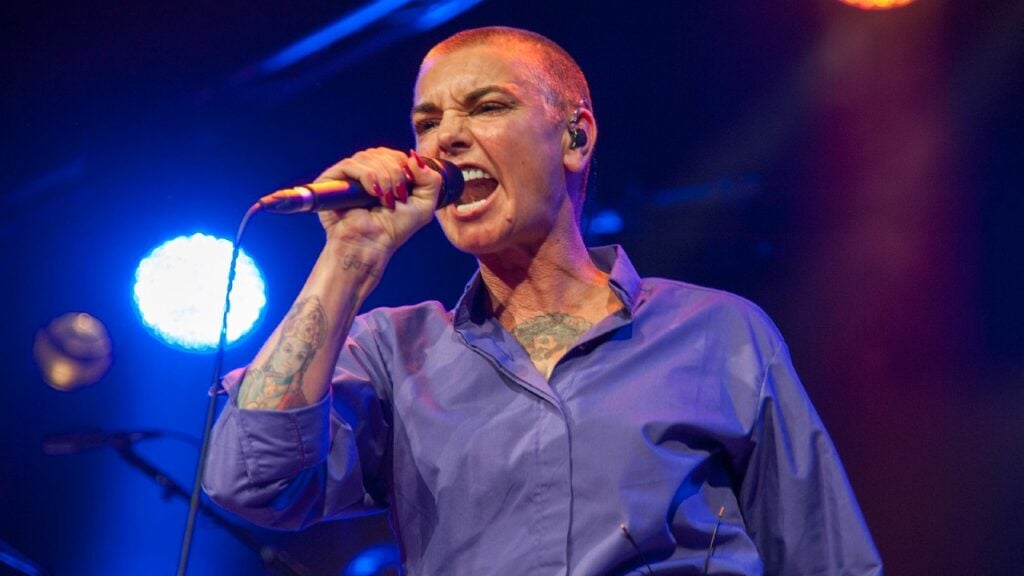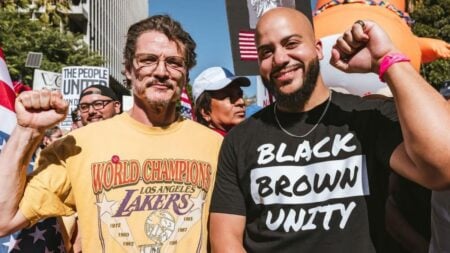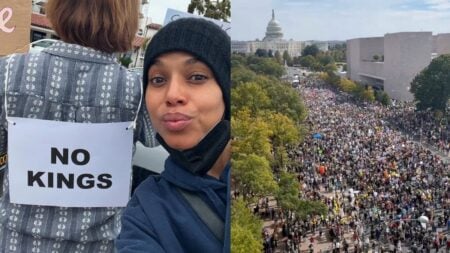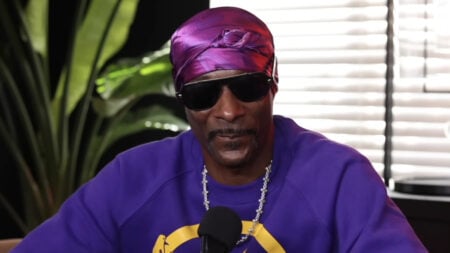Irish singer Sinéad O’Connor, known around the world for her music and her outspoken nature, has died at age 56. While her cause of death is currently unknown, the effects of O’Connor’s loss are already being felt by many of those around her, with friends, family, and the press recounting some of the more colorful highlights from the singer’s life. Ireland, in particular, is mourning the loss of a cultural icon, with O’Connor being described as one of the country’s “greatest musical icons” who was “deeply loved” by her home country.
Sinéad O’Connor’s musical career began in 1987, with the release of her debut album The Lion and the Cobra. The album would climb the charts around the world, making the weekly US Billboard 200 and the UK Albums Chart. However, O’Connor would really and truly be catapulted into the spotlight with the release of her second album, I Do Not Want What I Haven’t Got, which sold seven million copies worldwide following its 1990 release. The album contained Sinéad O’Connor’s version of Prince’s “Nothing Compares 2 U,” which would be named the #1 World Single of the year by Billboard. To this day, “Nothing Compares 2 U” is remembered as one of O’Connor’s crowning achievements.
Sinéad O’Connor: A Life of Controversy and Tragedy
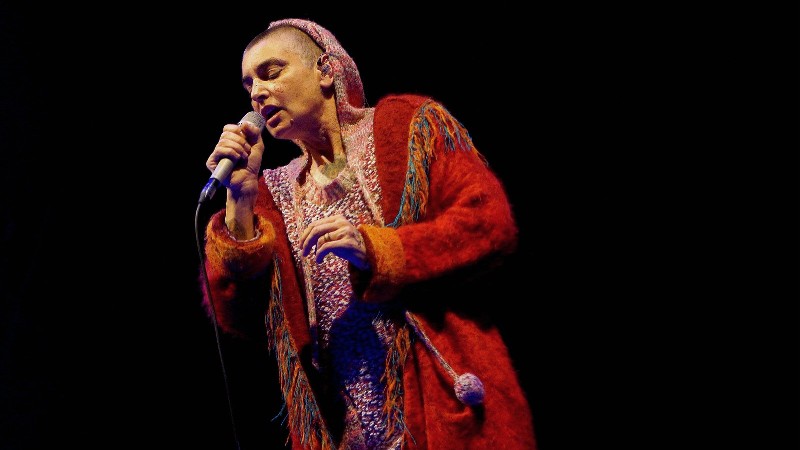
Before she died, Sinéad O’Connor attracted a lot of controversy to herself, and she was forever unapologetic about it. Some memorable moments include her 1991 boycott of the Grammy Awards, where her music video for “Year of the Horse” was a nominee for “Best Music Video.” O’Connor refused to attend the event, stating that she didn’t want “to be part of a world that measures artistic ability by material success.”
The following year, O’Connor would appear on Saturday Night Live, singing an acapella version of Bob Marley’s “War” in protest against child abuse within the Catholic Church. During the performance, she ripped up a photo of Pope John Paul II, throwing the pieces at the camera and telling the audience to “Fight the real enemy.” The incident would end in O’Connor being banned from SNL for life, but when asked if she regretted her actions in a 2002 interview, she responded with a vehement “no.” Additionally, in her 2021 autobiography Rememberings, O’Connor said that “Everyone wants a pop star, see? But I am a protest singer. I just had stuff to get off my chest. I had no desire for fame.”
In more recent years, Sinéad O’Connor has become more well-known for her public discussions surrounding her mental health struggles and personal history of child abuse, according to the Irish Times. Her son, Shane, passed away last year after being admitted to the hospital due to self-harm. As she announced that her son, aged 17, had “decided to end his earthly struggle,” O’Connor pleaded that “no one [follow] his example”. It is currently unclear if these incidents led to Sinéad O’Connor’s own death at 56.
Sinéad O’Connor converted to Islam in 2018 and would change her legal name to Shuhada’ Sadaqat, although she continued to perform under the name Sinéad O’Connor until the day she died. She is survived by three children, and her family released the following statement earlier today:
“It is with great sadness that we announce the passing of our beloved Sinéad. Her family and friends are devastated and have requested privacy at this very difficult time.”
Following the announcement of her death, messages of tribute poured in from around the world. However, a special kind of grief exists in her beloved country of Ireland. Irish Prime Minister Leo Varadkar said, “Her music was loved around the world and her talent was unmatched and beyond compare.” Tánaiste Micheál Martin called her one of Ireland’s “greatest musical icons”, with many other Irish artists and musicians expressing how grateful they were to have met and worked with O’Connor over the course of her storied and, to many, controversial life.
More information on Sinéad O’Connor’s death will likely be made available at a later date.

